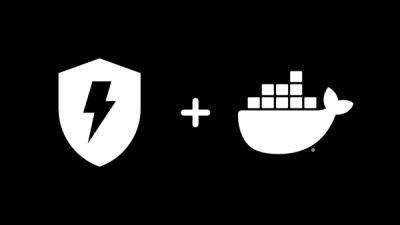Github Security Auditor
Audits a Github organization for potential security problems.
How to run
Set a github token to an environment variable, by default the program
looks for the environment variable name GIT_TOKEN but a different
environment name can be set through the command line argument --tokenName.
Then to run just execute the following command. By default the output goes to
the file githubsecurity.json.
go run . --organization <ORGANIZATION_NAME>
Permissions Needed for Token
In order to run all of the scans the token must have the following permissions.

Full Usage
A tool to collect and highlight potential security issues with a GitHub org. It looks
at things like:
* Webhooks
* User configuration
* Number of guests
* Repo and Organization-level settings
Usage:
githubsecurityauditor [flags]
Flags:
--config string config file (default is $HOME/.githubsecurityauditor.yaml)
-h, --help help for githubsecurityauditor
--organization string The organization we want to check the security on
--output string The file that should have the output recorded to (default "githubsecurity.json")
--scmUrl string The API URL for the source control management software you want to check
--tokenName string The environment variable name we should retrieve the token for API authentication (default "GIT_TOKEN")
Example Output
{
"TwoFactorAuthEnabled": true,
"NumberPrivateRepos": 1,
"NumberPublicRepos": 1,
"Webhooks": null,
"ApplicationInstallations": null,
"ActionRunners": null,
"Repositories": [
{
"Name": "repocrawler",
"URL": "https://github.com/CodeReconCo/repocrawler",
"IsPrivate": false,
"Webhooks": null,
"HasWiki": false,
"VulnerabilityAlertsEnabled": true,
"Workflows": null
},
{
"Name": "githubsecurityauditor",
"URL": "https://github.com/CodeReconCo/githubsecurityauditor",
"IsPrivate": true,
"Webhooks": null,
"HasWiki": true,
"VulnerabilityAlertsEnabled": true,
"Workflows": null
}
]
}




